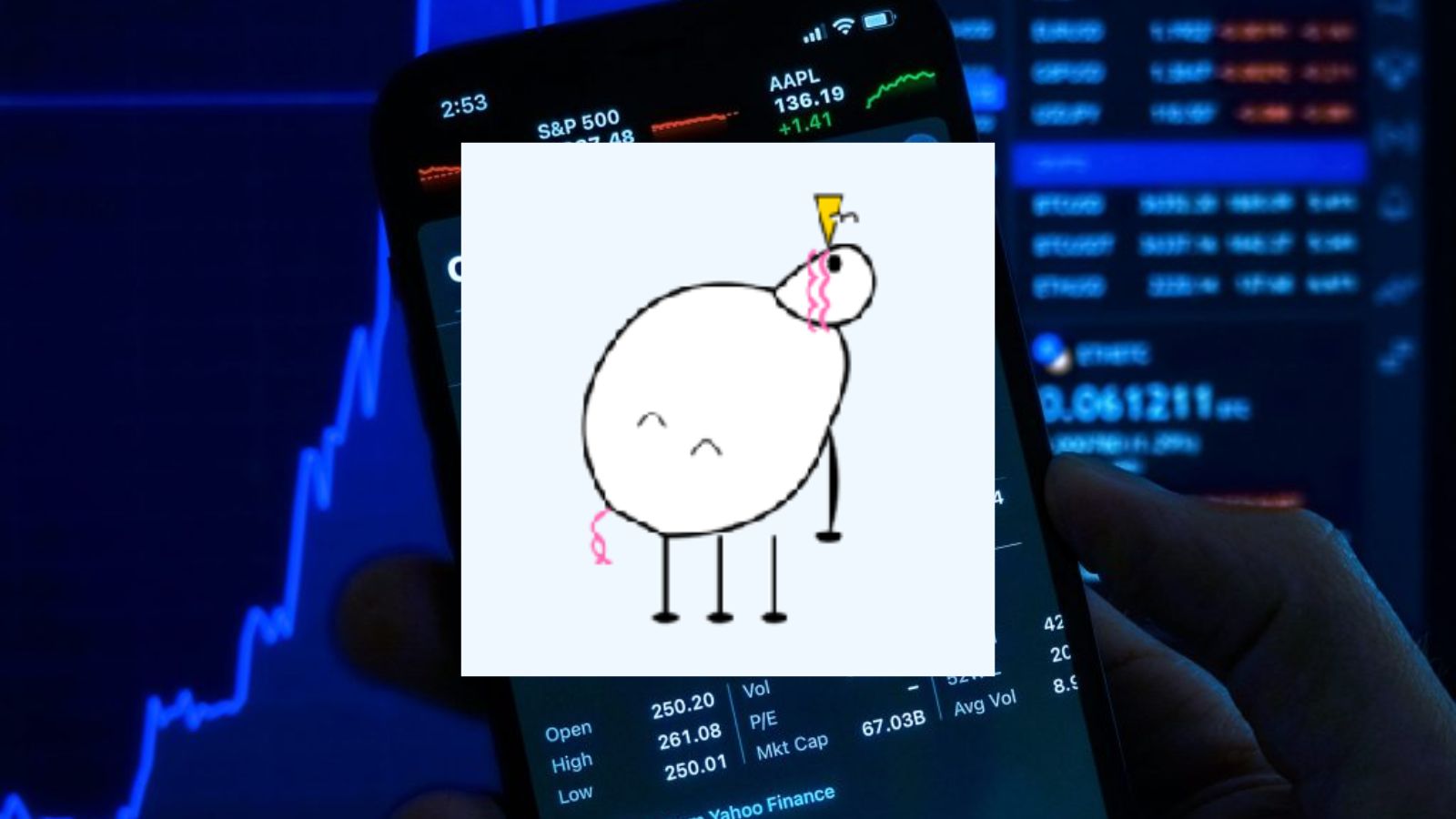Leading international organizations have recently produced policy notes on crypto-assets, also known as virtual digital assets (VDAs) as per the Finance Act of 2022. Both the UNCTAD and the Financial Stability Board of the World Bank released their perspectives in February and July, respectively. These publications were subsequently complemented by an insightful paper from the Bank for International Settlements (BIS) in August this year.
Serving as the banker for all central banks and facilitating cooperation among authorities tasked with maintaining financial stability, BIS plays a pivotal role in shaping financial policy. In its recent paper, BIS emphasized the direct correlation between VDAs and broader monetary and financial stability issues. Given BIS’s considerable influence, its observations are expected to significantly impact upcoming G20 discussions on virtual digital assets.
BIS has outlined three high-level policy options concerning virtual digital assets (VDAs) in its recent paper: 1) an outright ban, 2) containment, and 3) regulation. BIS acknowledges that if effectively implemented, bans and containment strategies could mitigate risks to financial stability.
However, BIS also cautions against the potential pitfalls of overly restrictive approaches by central banks and regulatory bodies. Specifically, such approaches could inadvertently push activities into the unregulated “shadow” financial sectors, thereby making it more challenging for regulators to influence responsible actors within the VDA ecosystem.
The paper also argues against the tendency to label new approaches as inherently “dangerous” simply because they deviate from traditional financial systems. BIS asserts that responsible innovation, coupled with technology and ethical actors, has the potential to alleviate existing frictions and inefficiencies within the VDA landscape. Given BIS’s role in shaping global financial policies, these nuanced perspectives are likely to play a crucial role in shaping forthcoming G20 discussions on the subject.
After the 2022 crypto crash, Indian policy makers and regulators have so far been critical of VDAs. The move to impose a high rate of tax on capital gains from VDAs coupled with strict KYC/ money-laundering compliances, have dis-incentivized Virtual Asset Service Providers (VASPs) from operating in India. On August 27, at a B20 Summit 2023 PM Modi emphasized on a need for a global framework for cryptocurrencies.
While the prevailing Indian approach to administer VDAs has so far seemed more inclined towards containment, India may consider regulations on VDAs taking into account policy directions from the G20 summit. The G20 presidency note by India underlines some concerns and calls for a common global road map for minimum policy standards for VDAs. Therefore, it is important to understand how other countries have addressed VDAs.
In the US, in light of the actions taken by the SEC against Ripple and FTX, it is clear that the SEC treats VDAs as a security if they pass the test laid down in SEC vs Howey. While VDAs are not banned in the US, the government perceives them as risky for consumers and insists on ramping up enforcement where needed. As per Gary Gensler, chairman of the SEC, US is likely to adopt regulations which are protective by nature and might restrict interests in VDAs.
The European Union in 2023 adopted the regulation on Markets in Crypto Assets (MiCA), prescribing the registration requirements for VASPs in EU. Only VASPs located in the EU can obtain registration under MiCA from European Securities & Markets Authority.
In 2022, the Dubai constituted the Dubai Virtual Asset Regulation Authority (VARA). VARA issued regulations in 2023 prescribing the requirement of a business license for seven virtual asset related activities. Entities interested in pursuing any of the seven activities need to demonstrate their fitness for obtaining a business license. As recently as July 2023, the world’s largest international crypto exchange, Binance, received an operational MVP license from VARA to operate a crypto exchange. Because of its regulatory approach, Dubai is pegged to become a global hub for innovation in VDAs.
After the collapse of Mt. Gox in 2014, Japan became a proactive regulator of VDAs, including from a money laundering standpoint. Japan amended existing statutes in 2017 to require VASPs to be registered. Foreign crypto exchanges are permitted to operate in Japan if they are registered in a country whose regulatory registration system is equivalent to that of Japan. Amongst other measures, crypto exchanges in Japan must provide information regarding fees and other contract terms to their customers and keep customers’ money and VDAs separately from their own.
Despite the shared concerns regarding financial frauds, money laundering and terrorist financing, different countries have taken diverse approaches towards regulating and adopting VDAs. However, these approaches provide us for multiple routes for adopting VDAs which can be alternatives to outright bans and deterrent taxes. That said, (a) as the VDA ecosystem is borderless, a common roadmap in terms of regulatory best practices is needed, (b) as the G20 process gathers momentum for the designing of the common roadmap for VDAs, policymakers can consider inputs from responsible VASPs who have insights about regulatory standards across jurisdictions and have shown willingness to comply. This is because international exchanges (Binance, Coinbase etc.) have been trying to meet the regulatory requirements across jurisdictions. These VASPs work with creators and owners of VDAs, and understand the underlying technology and operations in VDA ecosystem.
The article has been authored by Arjun Goswami is director – Public Policy; and Prakhar Pandey, principal associate, at Cyril Amarchand Mangaldas.
Credit: Source link















































